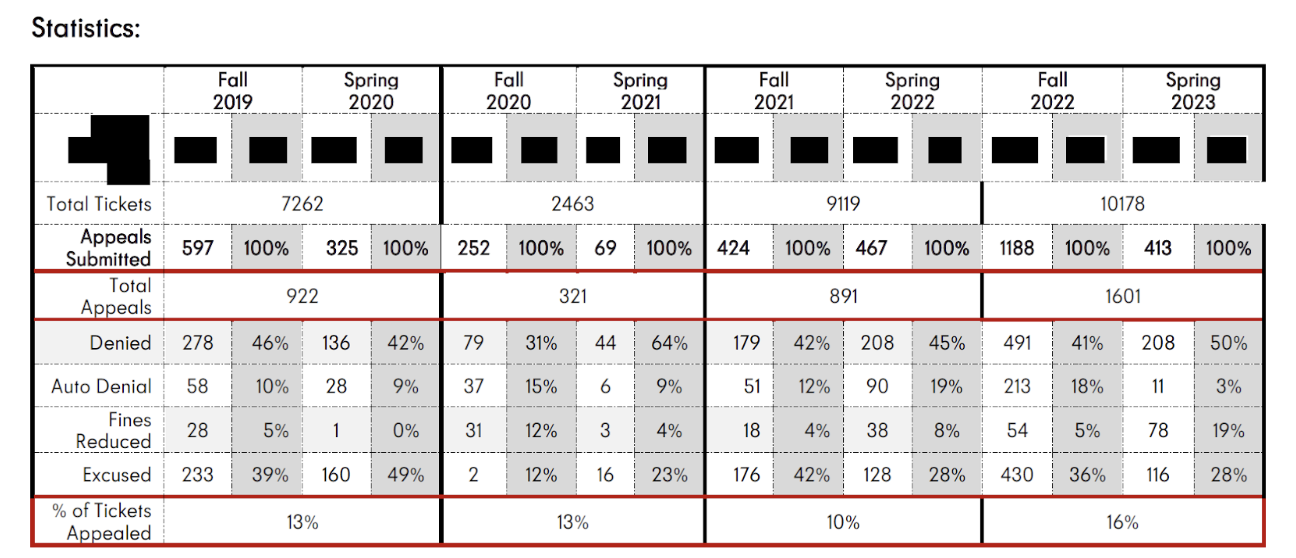By Nick Carson
According to Jeremy Gerrard, of The Mercury News, West Chester University is showing support for state legislation that will allow state universities freedom from their state-owned affiliations.
This announcement came on Tuesday, March 11, from Sen. Andy Dinniman and Sen. Tommy Tomlinson. According to the senators, the legislation would allow schools in the Pennsylvania State System of Higher Education (PASSHE) a chance to transfer out of the state system, given that they meet certain criteria.
They also said, with their legislation being passed, that they hope to give universities in the PSSHE independence and flexibility. The legislation would also help these universities meet stricter budgets and improve programs that lead to increased enrollment, which is especially important given the recent drop in enrollment in PASSHE schools.
“Giving state-system universities the pathway to become state-related schools will give them the freedom and independence they need to meet the challenges of the future,” said Dinniman, minority chair of the Senate Education Committee.
“Our students deserve to be supported by institutions that can evolve and adapt to meet their needs and to provide the best education at an affordable price,” he said.
The senators plan to bring millions of dollars back to PASSHE schools, through the sale of buildings and lands.
The Mercury News also reported on the exact qualifications universities must meet in order to break off of the PASSHE:
“To qualify for a transfer under the legislation and become a state-related university, the institution must have student enrollment of more than 7,000; have an unqualified audit opinion for three years; have the financial ability to compensate the state for the depreciated value of its property; and continue to contribute to the employer share for pension obligations.”
Officials at West Chester University are excited about the opportunity, with Thomas Fillippo, West Chester University’s Council of Trustees chairman saying that the legislation presents the university with an opportunity to better serve the commonwealth in the future.
According to The Mercury News, Fillippo issued a statement, and said, “Looking ahead, our region continues to grow rapidly and students and employers require us to adopt a more entrepreneurial operational model that is responsive to quickly emerging needs and opportunities. This bill recognizes that the time has arrived for state universities to embrace a new organizational approach in order to remain relevant and maximize their potential for serving the Commonwealth.”
However, the Philadelphia Inquirer reports that West Chester University faculty members do not fully support the legislation. Michaelle Bond reported Lisa Millhous, a West Chester University professor and president of the school’s chapter of the Association of Pennsylvania State College and University Faculties, fears that the legislation will cause tuition to rise, and that less money will be available to keep full-time faculty.
Millhous also cautioned against the legislation due to its effect on West Chester’s faculty as a whole.
“I think the faculty is divided and struggling to try to think through the implications of this legislation,” Millhous said.
Bond also reported that State Sen. Andrew Dinniman had a quick answer for faculty fears of tuition increase however. According to Dinniman, Gov. Corbett’s proposed budget leaves the state with a $60 million gap in funding, and believes that this will cause tuition to increase no matter what.
Sen. Dinniman also made sure to make people realize that this legislation is a work in progress, and is simply a “catalyst for a conversation that’s long overdue.”
According to Philadelphia Inquirer, PASSHE Chancellor Frank Brogan opted out of commenting about the legislation until he can review it. Brogan did however say that the system is moving toward giving its schools more independence. He also said that the system’s board of directors is “exploring how it can achieve a better balance between system coordination and more local decision-making. We look forward to continuing those efforts as the State System evolves, and welcome the opportunity to work with the General Assembly on our students’ behalf.”
He also cautioned against prejudging the proposal, which remains a work in progress.
“I don’t expect everyone to all agree or disagree, but I think it’s a catalyst for a conversation that’s long overdue,” he said.
Dinniman noted that the system has experienced a drastic decline in enrollment in recent years, with only West Chester and Bloomsburg University experiencing increases. West Chester has seen the biggest bump.
Tomlinson could not be reached for comment, but in a news release posted on Dinniman’s site, he said universities need more freedom to update curriculum and set up programs popular with students.
“What can we do to help schools meet these challenges, either by rightsizing or by giving schools, such as West Chester University, that are in demand the freedom to pursue these changes?” asked Tomlinson, a West Chester alumnus.
Millhous agreed that some action is necessary, but said she was wary of the proposed changes. “I think the faculty is divided and struggling to try to think through the implications of this legislation,” Millhous said.
West Chester University had no official response, and Bloomsburg said it would not comment until a bill was introduced.
Millhous said any changes ideally would be brought about by the system’s chancellor, not the legislature.
Steve Miskin, spokesman for the House Republican Caucus, said that the issue isn’t new. “It’s a complex issue,” he said. “It’s not an easy yes or no.
“I would anticipate a number of hearings. I think a lot of people, including members, will have a lot of questions,” Miskin said.
State System Chancellor Frank Brogan declined to comment about the proposed legislation because he had not seen it, but said the system has been moving toward giving its schools more independence. In a statement, he mentioned that the system’s board approved new degree programs and flexible tuition plans in January.
The system’s board of directors is “exploring how it can achieve a better balance between system coordination and more local decision-making,” Brogan said. “We look forward to continuing those efforts as the State System evolves, and welcome the opportunity to work with the General Assembly on our students’ behalf.”





Leave a Reply